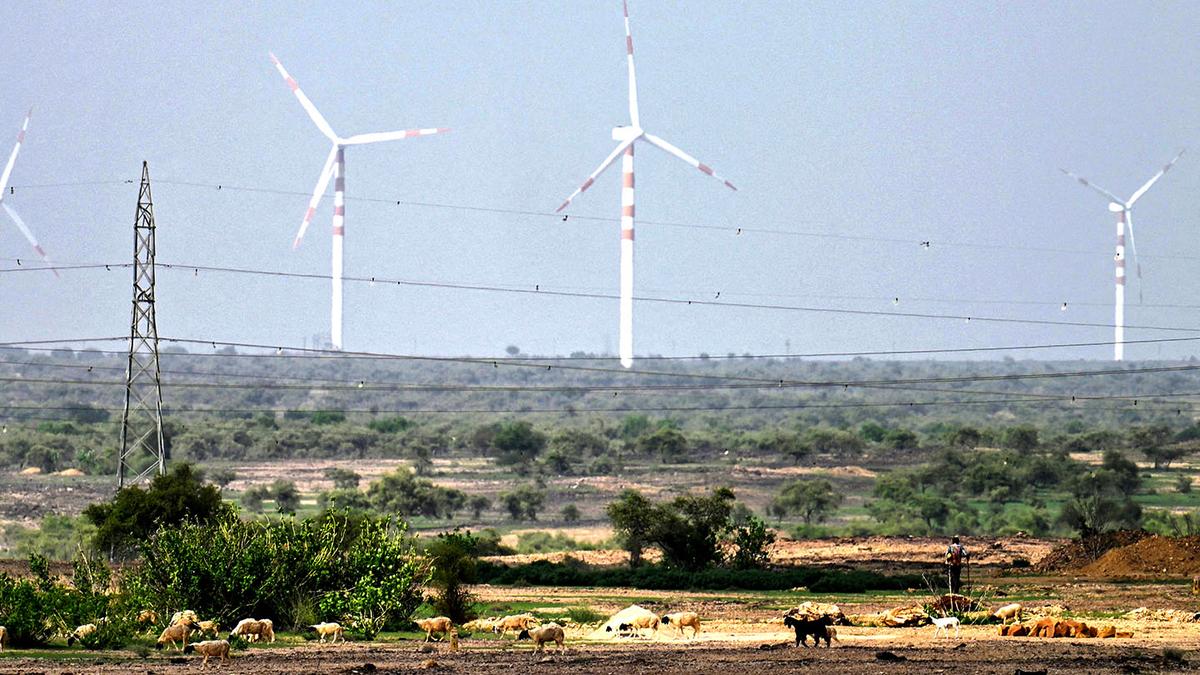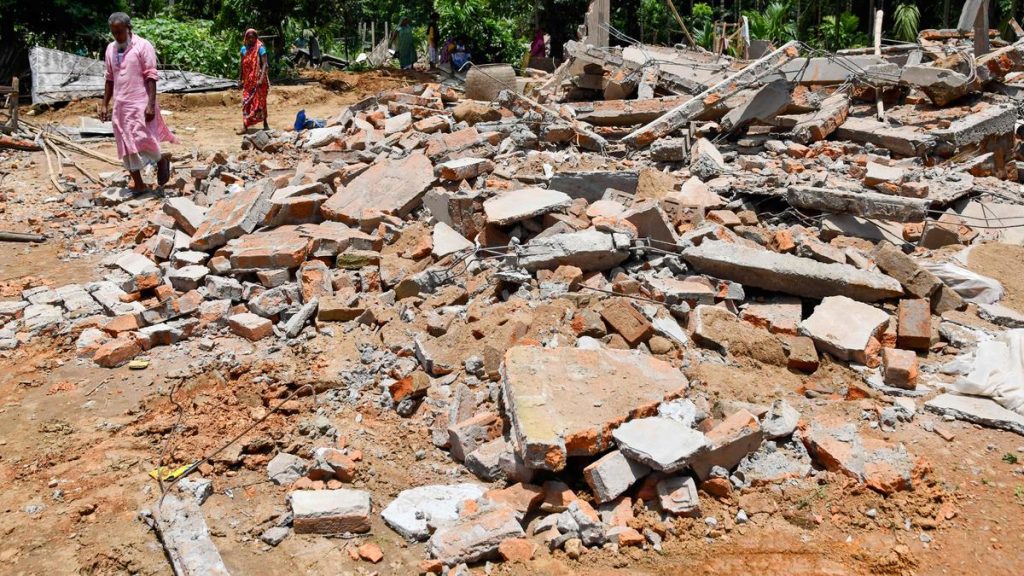Now Reading: Why India Should Embrace Open Ecosystems | Explained
-
01
Why India Should Embrace Open Ecosystems | Explained
Why India Should Embrace Open Ecosystems | Explained

Rapid Summary
- Deserts, ofen considered barren and degraded ecosystems, occupy one-third of Earth’s terrestrial surface and are home to diverse plants, animals, and human cultures.
- Historically meaningful civilizations like Mesopotamia, Egypt, and the Indus Valley flourished in desert conditions that spurred technological advancements.
- India undervalues its open natural ecosystems (deserts, grasslands, savannas), frequently enough labeling them as “wastelands” in policy frameworks inherited from colonial governance.
- These ecosystems harbor unique species like the Great Indian Bustard and Indian wolf while storing carbon deep in soil rather than through above-ground vegetation.
- Millions of pastoralist communities rely on these landscapes for grazing; thay also contribute to biodiversity stewardship and ecosystem health but face challenges due to fencing or afforestation projects mislabeled as green initiatives.
- Effective restoration approaches should consider native vegetation preservation, indigenous land management practices, water harvesting techniques, rotational grazing systems, and soil conservation over plantation monocultures.
Indian Opinion Analysis
India’s approach to deserts and open ecosystems reflects a longstanding tension between development-oriented “advancement” strategies versus preservation-based ecological stewardship. labeling arid lands as “wastelands” amplifies the risk of ecological mismanagement by prioritizing reforestation or industrial use over protecting complex biomes integral to biodiversity. By neglecting these landscapes’ ecological value-and their role in supporting pastoral livelihoods-policy risks exacerbating both environmental degradation and conventional knowledge loss.
A paradigm shift towards nuanced land categorization is crucial. Emphasizing locally adapted conservation models could yield benefits for biodiversity retention without compromising the livelihoods of dependent communities. India’s recognition of diverse ecosystem roles could set benchmarks globally for protecting non-dense habitats such as grasslands or deserts against unsustainable interventions marketed under climate mitigation programs.























